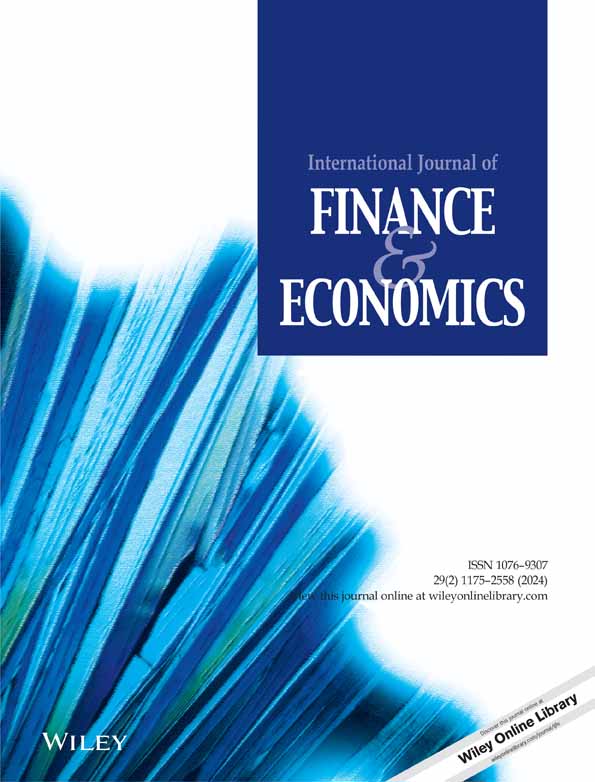A study on a new fiscal risk-sharing system to make Eurozone an OCA
The author is currently working for Korea Center for International Finance (KCIF), Seoul. The longer version of this article was originally presented for doctoral dissertation approved by Korea University in August 2021, with same title. This research did not receive any specific grant from funding agencies in the public, commercial, or not-for-profit sectors.
Abstract
This article seeks to add a new element to the 5-decade debate over the theory of Optimal Currency Area. In the euro area, the accumulation of economic imbalances caused by the loss of the automatic adjustment functions of the exchange rate have served as a structural background to limit its self-sustaining resilience during financial shocks. To enhance the stability of Optimal Currency Area (OCA) through the revitalization of those functions, this article argues that if the euro area had adopted some form of fiscal risk-sharing mechanisms, which could have generated a similar economic effect as if they had maintained a flexible F/X system as that which had existed in pre-euro days, the fiscal crisis hypothetically could have been more easily overcome within a shorter period with less financial support. The result suggests that if ‘Adjustment Fund for Foreign Exchange rate Loss (AFFEL)’, originally devised within these pages, had operated, the interest rates in crisis-hit members could have been significantly lower than actual levels during the crisis, while safely maintaining the euro system.
CONFLICT OF INTEREST STATEMENT
The author has no conflict of interest and does not receive any financial support for this study.
Open Research
DATA AVAILABILITY STATEMENT
The data that support the findings of this study are openly available via Eurostat.




